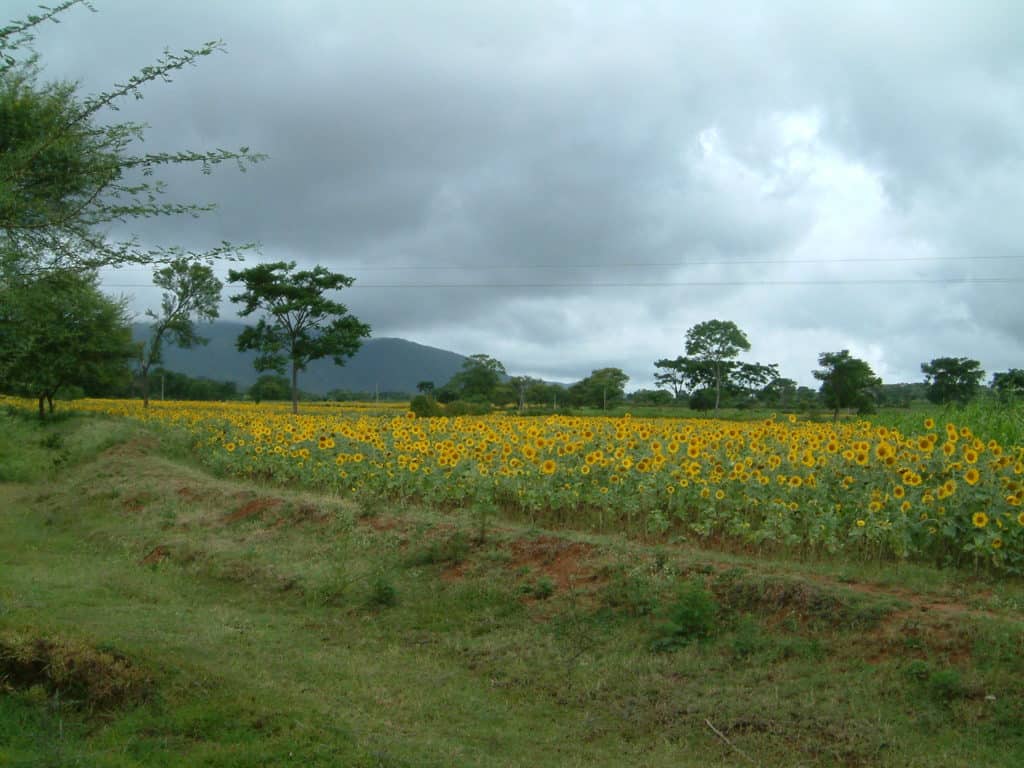Centre asks states and UTs to relax COVID restrictions
The Union Health Ministry on February 25th said that India is seeing a steady decline of active cases, now at 1,34,235 as compared to over two lakh over a week back. Taking cognisance of this, the Union Home Ministry asked states and union territories to consider relaxing curbs on sports, social, entertainment, academic and religious events, as well as night curfews.
Accordingly, after a careful analysis of the local situation, Delhi will have its first day without any COVID related curfews and other restrictions on March 1st, almost two years after the first lockdown in the third week of March 2020. Most states too have announced ending of all curfews and relaxation in other activities. Schools and colleges in Delhi and the states are increasing the offline component of their teaching programmes, with Delhi announcing that only offline classes will be held in schools from March 1st.
Among states to have removed the night curfew are Andhra Pradesh, Maharashtra, Jammu and Kashmir, Himachal Pradesh, Bihar, Rajasthan, Andhra Pradesh, Meghalaya, Gujarat, Assam and Karnataka.
Source: The Times of India, The Quint
SC sets one month deadline for data on domestic violence
The Supreme Court on February 25th decided to revisit India’s Protection of Women from Domestic Violence Act, 2005, to check on how effective its implementation has been. To enable such a revisit, the Court asked the Center to provide information within four weeks on all pending legislations and complaints filed, besides funding pattern and eligibility criteria for appointment of protection officers.
The SC expressed its dissatisfaction towards the appointment of revenue officers and district collectors as protection officers in states. Protection officers are meant to be the first point of contact for women in distress.
“It is one thing to create a beautiful, grand law but at the ground, how do you create a mechanism to get feedback to pull the reins tighter,” said a bench of justices U U Lalit, S Ravindra Bhat and P S Narasimha.
This came after a PIL filed by We the Women of India, an NGO, which claimed that protection officers have proven inefficient, adding that “there is hardly any information available for women who are victims of domestic violence to approach them for protection, compensation, and other reliefs envisaged under the Act.”
Source: Hindustan Times
Read more: Explainer: Steep rise in domestic violence complaints, but where are the protectors?
Cooking oil prices may rise due to Ukraine war
As the Russian invasion of Ukraine intensifies, the global impact on commodity prices will not be restricted to rise in prices of crude oil and LPG cylinders, but on the prices of cooking oil too, adding to the already rising food budgets of Indian homes.
India consumes roughly 2.5 million (mt) of sunflower oil annually, making it the fourth most consumed oil in the country, after palm (8-8.5 mt), soyabean (4.5 mt) and mustard/rapeseed (3 mt). Most of the sunflower oil is imported from Ukraine and Russia, since India only produces 50,000 tonnes of it. “We import about 200,000 tonnes every month in 20,000-50,000 tonne vessels from Black Sea ports in Ukraine and Russia. That entire trade now stands disrupted,” said B V Mehta, executive director of the Mumbai-based Solvent Extractors’ Association of India.
On February 23rd, before the declaration of the war in Ukraine, the landed price of imported crude sunflower oil in Mumbai (cost plus insurance and freight) was $1,630 per tonne. It was $1,500 a week earlier, $1,455 a month ago and $1,400 a year ago. In view of the ongoing military conflict, Ukraine has suspended all activity at its ports.
Source: The Indian Express

SC asks Center to clarify stance on cryptocurrency
The Supreme Court on February 25th asked the central government to make its stance on cryptocurrencies clear, asking whether it is legal in the country. A bench presided by Justice D Y Chandrachud was hearing a plea by Ajay Bhardwaj, one of the accused in the GainBitcoin scam, and brother of Amit Bhardwaj, the alleged mastermind behind the scam. They had allegedly organised a marketing scam to lure investors into giving Bitcoins by promising higher returns. Bhardwaj was seeking the withdrawal of the charges against him.
In August 2019, the SC had given Bhardwaj anticipatory bail, protected him from coercive action and asked him to deposit Rs 1 crore as security.
“We would like you, as the Union of India, to place on record the regime as to bitcoin and cryptocurrency? Is it still an offence?”, Justice Surya Kant, a member of the Bench, told Additional Solicitor General Aishwarya Bhati who appeared for the Enforcement Directorate (ED).
In response, Aishwarya Bhati responded: “The validity is not in question here. It is a scam and they are the accused. This involves 87,000 bitcoins and the accused is not cooperating with the investigation.”
Source: The Indian Express, NDTV
Center’s new cooperative policy in process
The Union Ministry of Cooperation on February 24th said the Centre’s is in the process of drafting its new national cooperative policy.
“Under the guidance of the union home and cooperation minister Amit Shah, we are in the process of bringing a new cooperative policy and many new schemes which will incorporate various suggestions given by stakeholders.” the ministry said in a statement in a one-day webinar, inaugurated by Prime Minister Narendra Modi. The webinar covered issues of digitisation of primary agricultural credit cooperative societies, scheme for creation of national database of cooperative societies, cooperative education and training schemes, cooperative credit guarantee fund, cooperative to prosperity scheme and a national cooperation policy.
Home minister Amit Shah had first announced the policy in September 2021, as part of the government’s ‘Azadi Ka Amrit Mahotsav’ initiative.
Source: The Indian Express, The Economic Times
(Compiled by Saachi D’Souza)